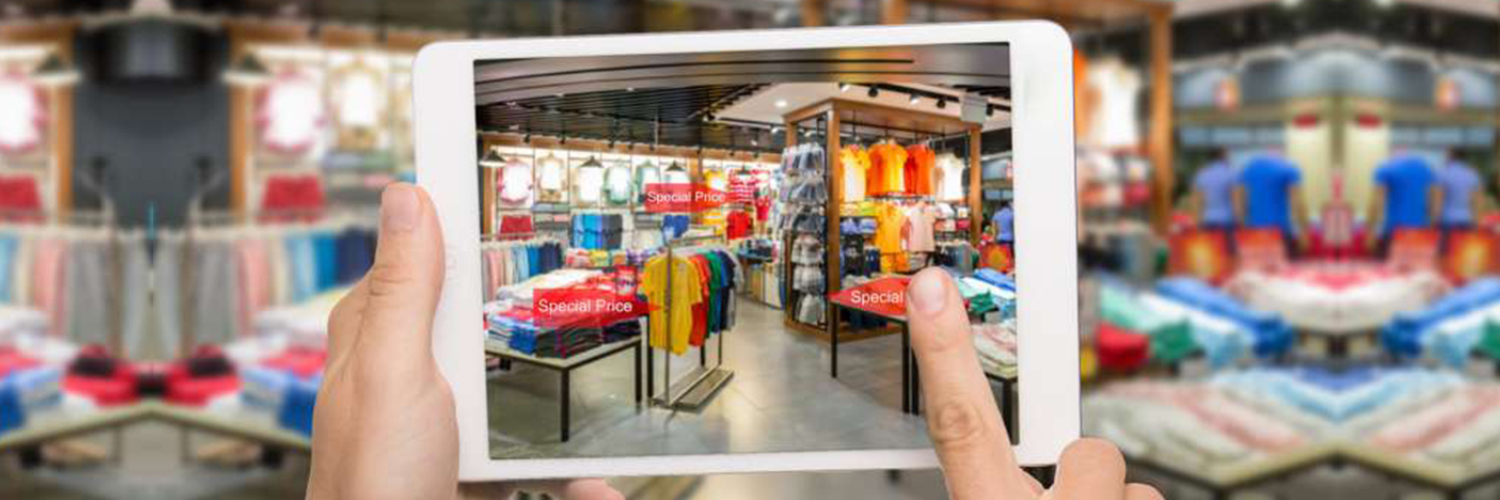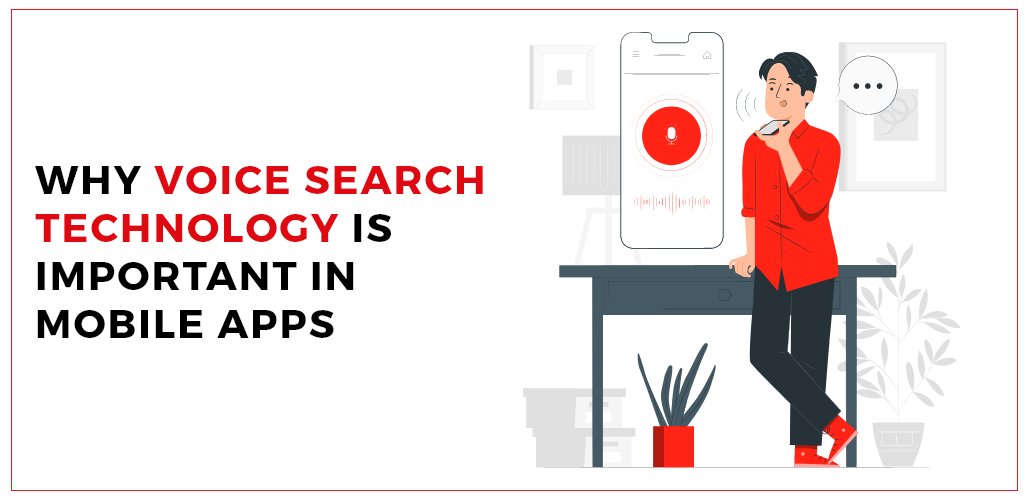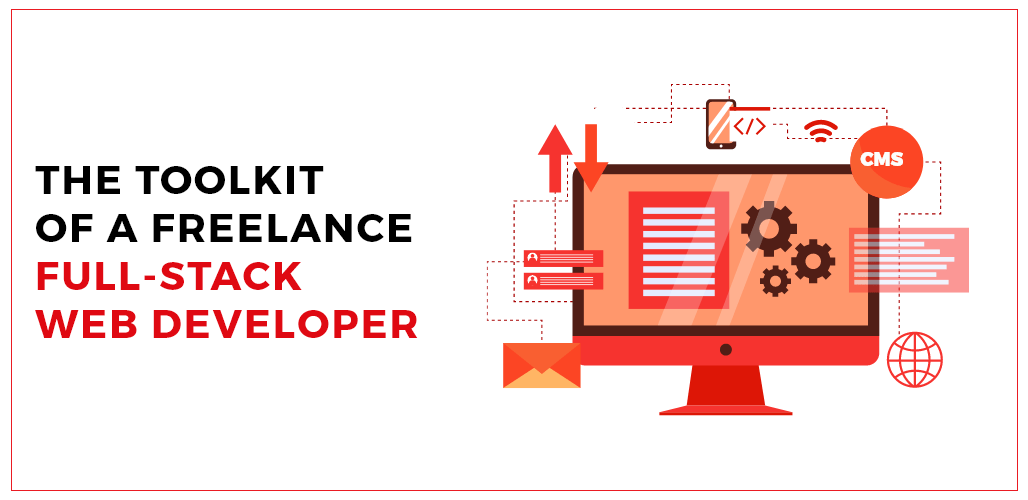With the world crippled with COVID-19 and facing lockdown for months, the retail business is witnessing a surge in online sales. The co-dependency of an increase in eCommerce demand and the need to sustain businesses is working out quite nicely.
In the era of cutting edge technology and with 5G technology gradually taking over, it was obvious that no business can survive without an online presence and a mobile app. This global pandemic, however, pushed the narrative even further and solidified it.
Out of all the businesses, the retail market space was already reaping benefits with having an online store. Yet, they were largely staying traditional as they still maintained a large customer-base that preferred physical store. With having the ability to check the goods in person.
COVID eCommerce Forecast
Now with no option left, eCommerce orders continue to see a rise since April. A report by Internet Retailing revealed that the UK online retail sales rose by 22% in just the first week of April. Yes, there are restrictions and protocols regarding deliveries and shipment that does come into play in hindering the eCommerce game amid COVID. Still, the sector is seeing growth as the hour demands it.
Retail stores that invested in proper online store development by contacting a custom web app development company and maintained a social media presence have a higher chance of survival amongst all the competition; which is bringing every possible business in the online space. As for those that stuck to traditional ways instead of embracing eCommerce and mCommerce are struggling and facing potential wipe-out.
Now the question arises that how are these businesses trying to stay afloat amid the pandemic? The answer is simple – with the help of technological innovations that have arisen to save the day and have great future potential to reshape the retail industry within the next few years.
So what technology trends do we observe within the retail industry? Let’s have a look at them.
Demand Forecasting with Machine Learning
Big data, Artificial Intelligence, and machine learning are being implemented in a bid to automate business flows and operations. The retail industry is no different when it comes to the smart-leaning of consumer trends and shifts in demand. Which is one of the integral components of any business’s success.
Keeping the traditional and manual methods of forecastings aside, machine learning approaches are faster, efficient and with enough time become accurate as well. Using Natural Language Processing (NLP) to optimize demand forecasting systems including recent data from other resources and short-term POS data, can really upgrade the demand forecasting accuracy.
Augmented Reality for a Realistic Shopping Experience
Considering everyone is in isolation with physical stores observing a complete shut down in majority countries; it was a given that AR technology will be incorporated for the ultimate real-like shopping experience as a solution. You can try on the clothes virtually before making purchases. This trend will boost online shopping experience by a large margin during COVID-19 lockdown.
Even Gartner predicted in one of its reports about AR infusion with online shopping by the year 2020. Stating, that up to 100 million consumers are expected to make use of the AR as they shop. And lo and behold, fast forward to 2020 when a pandemic has hit the world; the demand for augmented reality systems is rapidly increasing.
Many big brands already jumped on the AR bandwagon pre-pandemic; Lacoste, American Apparel, and IKEA to name a few. With the help of ARKit-based apps, consumers can visualize the product right before their eyes in real-time and make a solid decision.
Speaking of apps, Snapchat also incorporated AR technology for people to maintain the recommended 6-feet distance from one another. So this technology is evolving with demand and necessity.
Personalization Through Data Science
This trend was common before the pandemic, and now it will prove to be more useful than ever. We all know how we would browse a few items on an online store app and immediately start getting similar item recommendations. Othertimes, even ads that entice us to buy something we browsed a few minutes ago or in our previous session.
Data science and machine learning have been the technologies driving personalization tools. So much so that ML-powered engines can make personal recommendations to customers before them knowing what they want for themselves.
Looking at one of the biggest retail giants; Amazon says that its recommendation engines bring nearly 35% of its sales. So this could prove to be a game-changer for all online stores. Especially during such times where every single person is to rely on online purchases for essential to extravagant items.
How does it work? The recommendation systems collect information about certain customers with the help of machine learning methods and develop their respective shopping profiles. The system then shoots tailor-made CTAs to these specific users and through personalization of their shopping experience encourages potential purchases.
Moreover, AI-powered chatbots are facilitating the overall shopping experience. How? By delivering personalized communication. Since we all know that in the retail spectrum, customer service plays an important part. Now, with smart chatbots offering deals, recommendations, and providing easy navigation; the chatbots themselves have become a powerful driver of customer service experience, eliminating the need to hire an entire staff.
This brings us to the next technology trend that we are to see during the pandemic. Which could very well extend till the year 2030, as we speak.
Human-Free Stores of the Near Future
This is something that was being debated, predicted, and even applied before the world was pushed under lockdown. Which is to replace the human workforce with robots, computers, sensors, and all-thing-tech.
Now with social distancing protocols in place, the need to have cashier-less and staff-less stores have become evident and the only option available to curb close-contact in the retail landscape.
The technology that would make this all possible include facial recognition, IoT devices, RFID tags, machine learning, and more. Take Amazon’s Just Walk Out system that was based entirely on computer vision, deep learning, and sensor fusion.
There is no need to create an account online and you can simply walk into the store using a credit card. What is more interesting is that the items placed inside a physical shopping cart is tracked through an IoT-based system in a virtual cart. Once the shopping is completed, your items will be automatically paid for once you leave the store.
This idea of automated stores reducing human contact with each other and with other inanimate objects is a trend that will emerge amid the coronavirus chaos. Clearly, this global pandemic has forced everyone to re-focus and re-model their lifestyle; including the way they shop online or otherwise.
Summing Up
The retail industry is and will witness a massive shift in how it conducts its business online during the pandemic. Assisted with the cutting edge technology like augmented reality, machine learning, and more. The main challenge would be to strike a balance; between providing an impeccable user experience online whilst making sure their business stays afloat during these uncertain times.
For now, we anticipate retailers going in complete automation mode. To thriving not only as an online store but also as a staff-less brick and mortar store. If you are running a business and considering a complete revamp of your online store then connect with AppVerticals and let’s talk!








